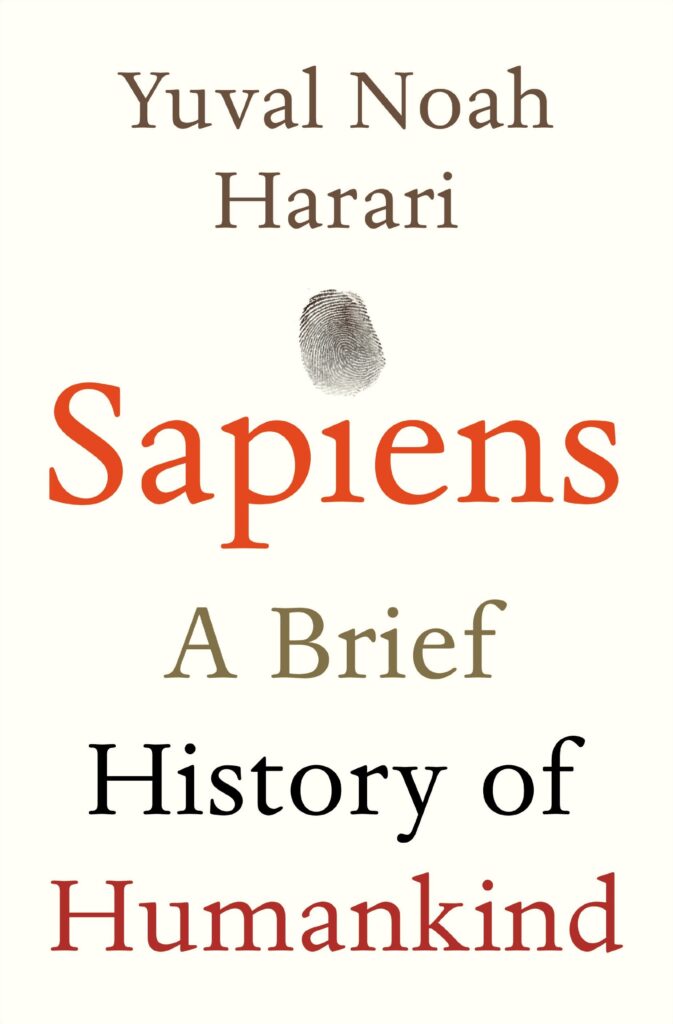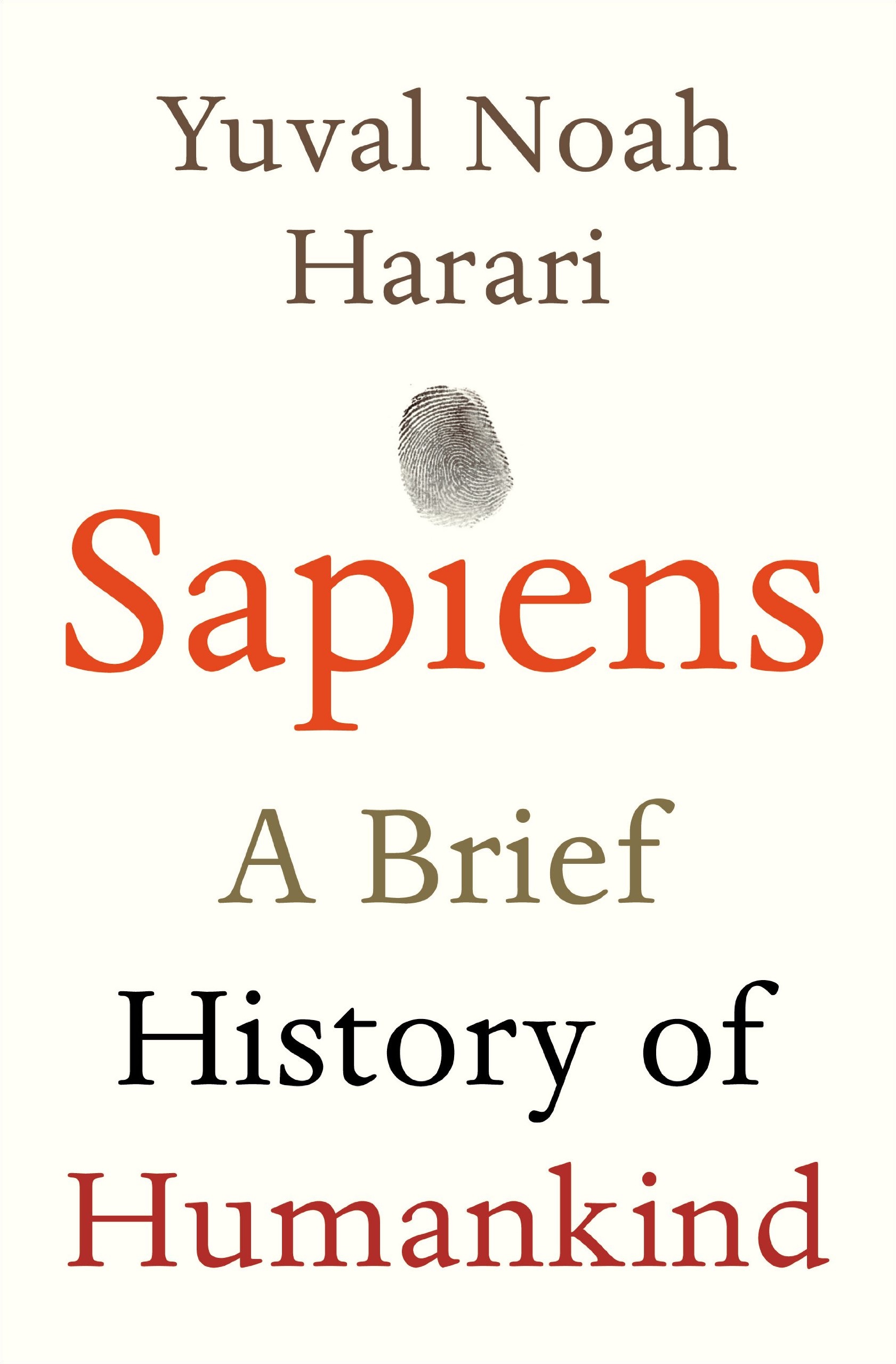Yuval Noah Harari’s “Sapiens: A Brief History of Humankind” stands as a seminal work that unravels the intricate threads of human evolution, culture, and society. Published in 2011, this thought-provoking book offers a panoramic view of Homo sapiens’ journey from its humble beginnings to the complexities of the modern world. Harari’s narrative prowess and scholarly rigor have earned widespread acclaim, making “Sapiens” a cornerstone of contemporary historical literature.

Critics have lauded Harari’s ability to distill complex historical concepts into accessible and engaging prose, allowing readers of all backgrounds to grasp the intricacies of human history. By weaving together anthropology, biology, sociology, and economics, Harari creates a cohesive and compelling narrative that illuminates the forces driving human progress and transformation. His interdisciplinary approach has been praised for its depth and breadth, providing readers with a comprehensive understanding of the myriad factors that have shaped our species’ trajectory.
At the heart of “Sapiens” lies Harari’s exploration of the role of “fiction” in human society—a concept that has sparked widespread discussion and debate among scholars and readers alike. Harari argues that shared myths, beliefs, and ideologies have served as the foundation of human cooperation and collective action throughout history. While some critics have questioned the validity of Harari’s thesis, others have praised his bold and provocative analysis, highlighting the importance of narrative in shaping human behavior and culture.
Moreover, Harari’s examination of the cognitive revolution and the agricultural revolution has drawn particular attention for its insights into the origins of human civilization. By tracing the development of language, religion, and social structures, Harari sheds light on the pivotal moments that have defined our species’ evolution. Critics have lauded Harari’s ability to synthesize complex research into a coherent and compelling narrative, providing readers with a deeper understanding of the forces driving human progress.
In conclusion, “Sapiens: A Brief History of Humankind” is a groundbreaking work that offers readers a profound insight into the human story. Through his engaging prose, interdisciplinary approach, and provocative analysis, Yuval Noah Harari invites readers to embark on a journey through time and space, exploring the origins and complexities of Homo sapiens’ remarkable odyssey. As we grapple with the challenges of the modern world, “Sapiens” serves as a timely reminder of the enduring power of knowledge to illuminate the paths we have traveled and the paths that lie ahead.




